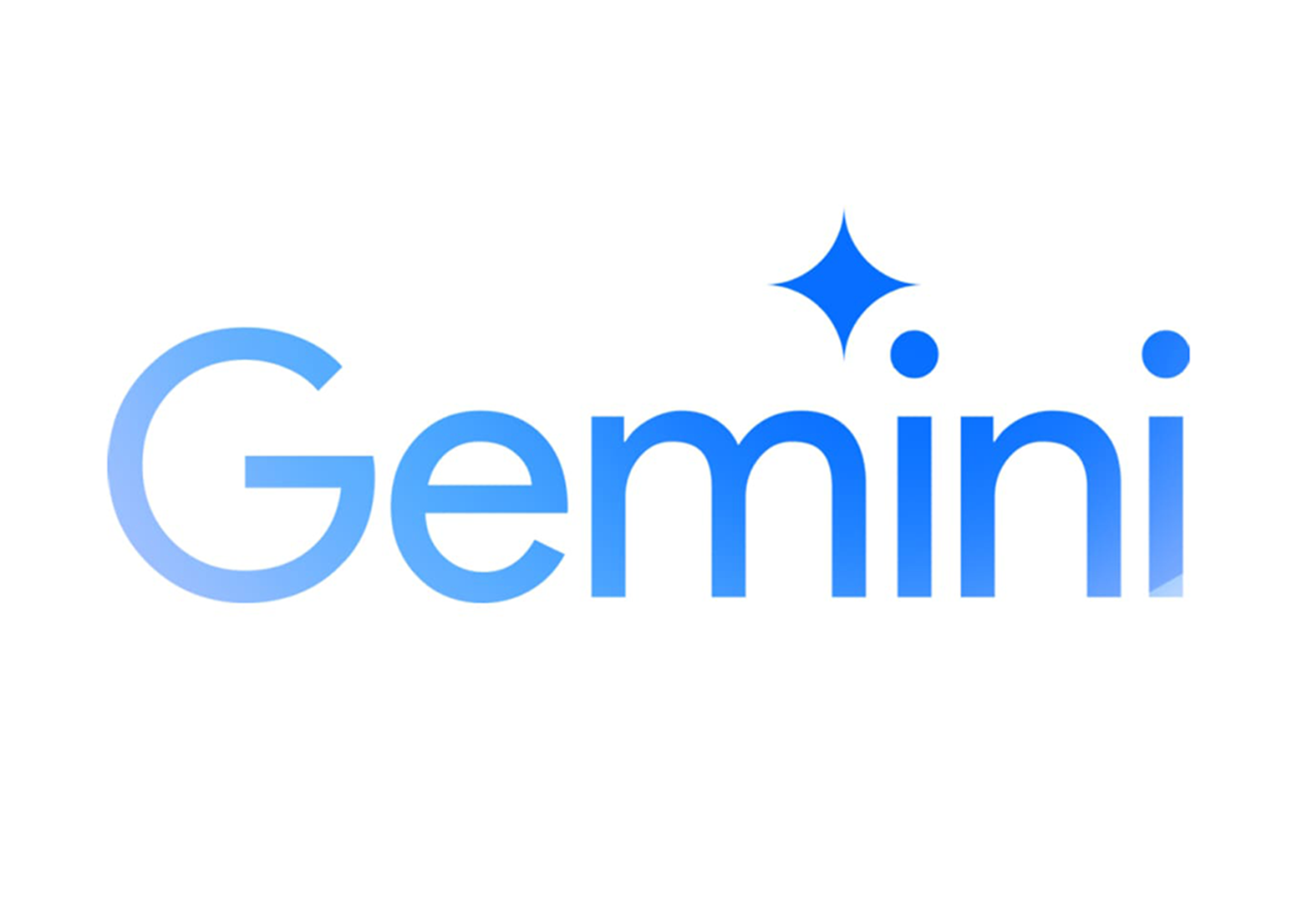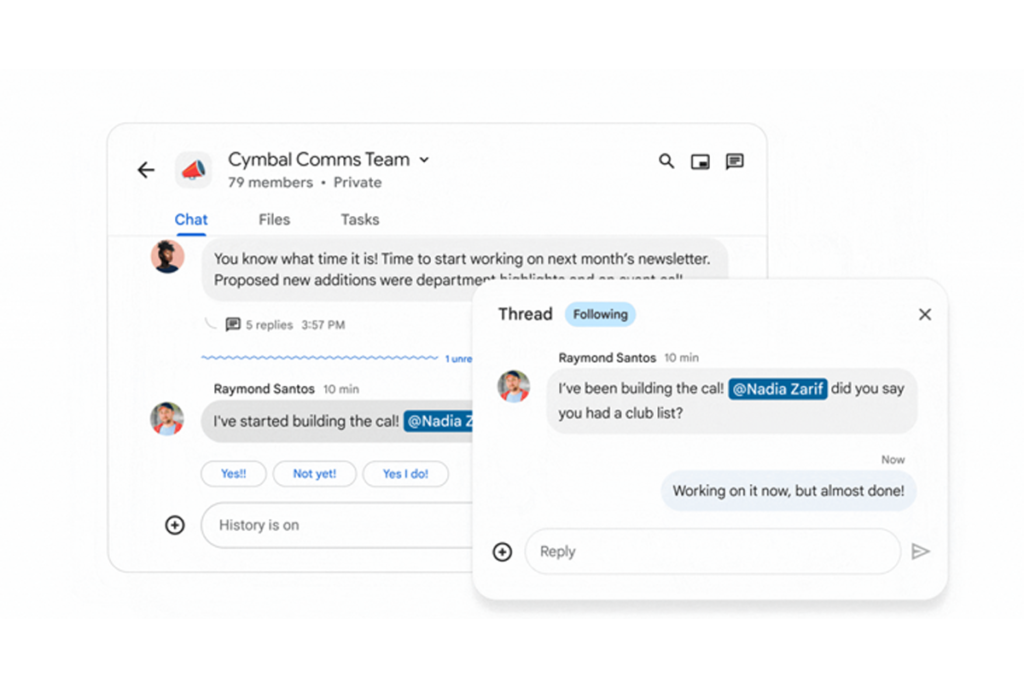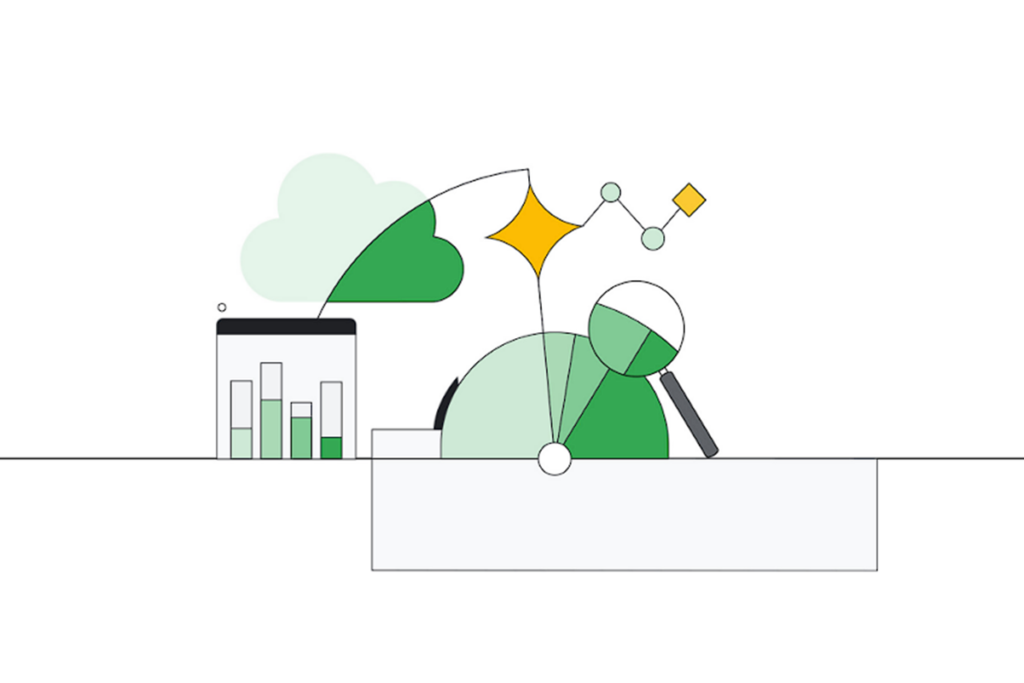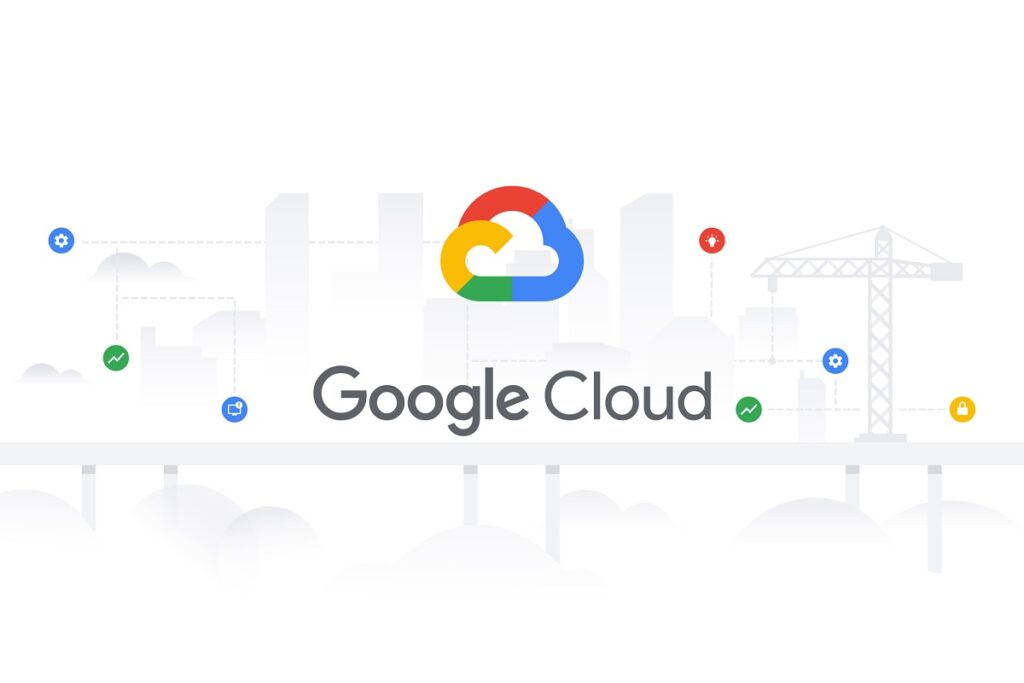Article
AI and BI converge: A deep dive into Gemini in Looker

Driven by generative AI innovations, the Business Intelligence (BI) landscape is undergoing significant transformation, as businesses look to bring data insights to their organization in new and intuitive ways, lowering traditional barriers that have often kept discoveries out of the hands of the broader organization.
Google Cloud is spearheading this trend with Gemini in Looker, which builds upon Looker’s history as a cloud-first BI tool underpinned by a semantic layer that aligns data and that changes how users interact with it: with intelligent, AI-powered BI powered by Google’s latest AI models. The convergence of AI and BI stands to democratize data insights across organizations, moving beyond traditional methods to make data exploration more intuitive and accessible.
Gemini in Looker lowers technical barriers to accessing information, enhancing collaboration, and accelerating the process of turning raw data into actionable insights. Google Cloud is expanding access to Gemini in Looker, making it now available to all Looker platform users. In this post, Google Cloud discuss its key features, underlying architecture, and its transformative potential for both data analysts and business users.
Using AI to enhance productivity and efficiency
Google Cloud designed Gemini in Looker with a clear objective: to improve productivity for analysts and business users with AI. Gemini in Looker makes it easier to prepare data and semantic models for BI, and simplifies building dashboard visualizations and reports. Additionally, Gemini in Looker can help business users’ efficiency by improving their data literacy and fluency, enabling them to tell data stories in their presentations, and use natural language to go beyond the dashboard to get answers to their questions. The result is analysts can do their jobs faster and business users can tell data stories and get answers.
Gemini in Looker does this through a suite of gen-AI-powered capabilities that make analytics tasks and workflows easier:
- Looker Conversational Analytics allows users to ask questions about their data in natural language, gaining instant, highly visual answers powered by AI and grounded in Looker's semantic model. Data exploration is now as simple as chatting with your team’s data expert.

Talk to your data the same way you talk to your data analyst, only faster.
- Automatic Slide Generation exports Looker reports to Google Slides, as well as AI-generated summaries of charts and their key insights, to automate creating presentations. With Automatic Slide Generation, presentations stay current and relevant, as the slides are directly connected to the underlying reports, so that the data they present is always up-to-date.

Rapidly transform your reports into live presentations you can share.
- Formula Assistant simplifies the creation of calculated fields for ad-hoc analysis by allowing analysts to describe the desired calculation in natural language. The formula is automatically generated using AI, saving time and effort for analysts and report builders.
- LookML Assistant simplifies LookML code creation by letting users describe what they are looking to build in natural language and automatically creating the corresponding LookML measures and dimensions. This helps streamline the process of creating and maintaining governed data.
- Advanced Visualization Assistant creates customized data visualizations that users describe with natural language, while. Gemini in Looker creates the necessary JSON code configurations.
The semantic layer: The foundation of AI accuracy
A critical component of Looker's AI architecture is the LookML semantic modeling layer, which in conjunction with LLMs like Gemini, provides the necessary context for the LLM to comprehend the data, and helps ensure centralized metric definitions, preventing inconsistencies that can derail AI models. Without a semantic layer, AI answers may be inaccurate, leading to unreliable results, lack of adoption, and wasted effort. Looker’s semantic model enables data governance integration, maintaining compliance and trust with existing controls, and evolves with your business, iteratively updating data sets and measures so that AI answers are accurate. According to our own internal tests, Looker’s semantic layer reduces data errors in gen AI natural language queries by as much as two thirds.
How Google protects your data and privacy
You can use Gemini in Looker knowing that your data is protected. Gemini prioritizes data privacy, and does not store customer prompts and outputs without permission. Critically, customer data, including prompts and generated output, is never used to train Google's generative AI models.
Looker's agentic AI architecture powers intelligent BI

The Looker Conversational Analytics API serves as the agentic backend for Looker AI. It answers questions using a reasoning agent that uses multiple tools to answer analytical questions. It also uses conversation history to answer multi-turn questions and enable more efficient Looker queries, including the ability to open them in the Explore UI.
Looker's AI architecture is designed for accuracy and quality, taking a multi-pronged approach to gen AI quality:
- Agentic reasoning
- A semantic layer foundation
- A dynamic knowledge graph that provides context for Retrieval Augmented Generation (RAG)
- Fine-tuned models for SQL and Python generation
This robust architecture enables Looker to move beyond simply answering "What?" questions to addressing more complex queries like "How does this compare?" "Why?" "What will happen?" and ultimately, "What should we do?"
Looker’s AI and BI roadmap
With Looker, Google Cloud committed to converging AI and BI, and are working on a number of new offerings including:
- Code Interpreter for Conversational Analytics makes advanced analytics easy, enabling business users to perform complex tasks like forecasting and anomaly detection using natural language, without needing in-depth Python expertise. You can learn more about this new capability and sign up here for the Preview.
- The Conversational Analytics API lets developers integrate Conversational Analytics across multiple experiences, including customer applications, chat apps, Agentspace, and BigQuery. Sign up here for preview access to the Conversational Analytics API.
- Centralize and share your Looker agents with Agentspace, which offers centralized access, faster deployment, enhanced team collaboration, and secure governance.
- Automated semantic model generation with Gemini helps democratize LookML creation, boost developer productivity, and unlock data insights with multi-modal inputs. Gemini leverages diverse input types like natural language descriptions, SQL queries, and database schemas.
Embracing BI’s AI-powered future
Gemini in Looker is a significant milestone in the AI/BI revolution. By integrating the power of Google's Gemini models with Looker’s robust data modeling and analytics capabilities, organizations can empower their analysts, enhance the productivity of their business users, and unlock deeper, more actionable insights from their data. Gemini in Looker is transforming how we understand and leverage data to make smarter, more informed decisions. The journey from asking "What?" to confidently determining "What next?" is now within reach, powered by Gemini in Looker.
Related News

Staying focused is harder than ever. Here are four ways Google Chat can help.
See Detail
Cloud Pub/Sub announces General Availability of exactly-once delivery
See Detail
Introducing Serverless Spark for interactive development
See Detail